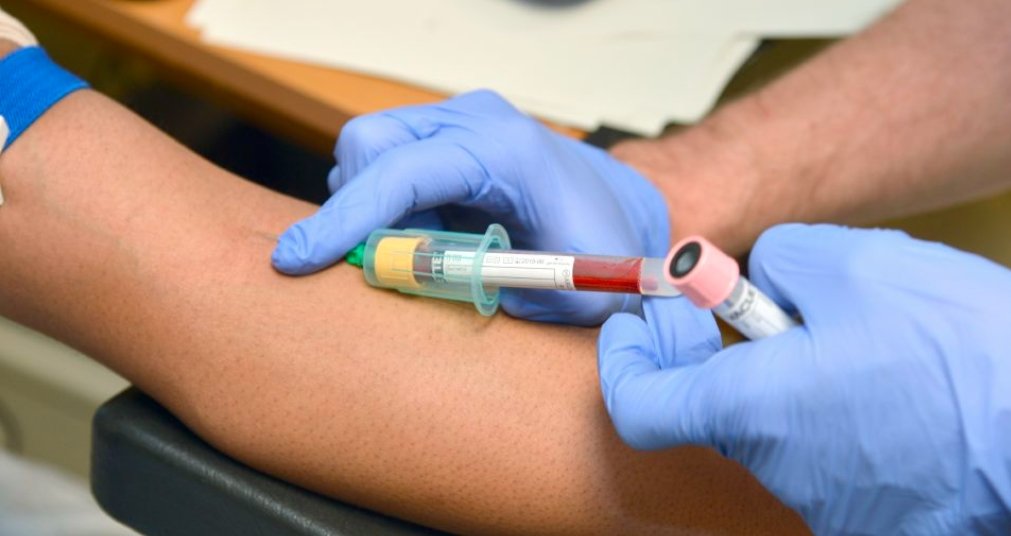A child has died of measles in Liverpool — the first such tragedy in over ten years. Now experts are pointing north, toward Scotland, not for blame but for answers.
What separates the two isn’t just geography. It’s access, trust, and a healthcare system that, in Scotland, seems to be getting something right.
A Wake-Up Call, Years in the Making
The death in Liverpool has shaken public health officials, though it didn’t come out of the blue.
Vaccination rates across the UK have been slipping for years, but it’s in England where the decline has been steepest. While the conversation often circles around “hesitancy,” many experts argue that’s not really the issue.
“It’s not that people don’t want to vaccinate their kids,” says Dr. Helen Bradford of UCL. “It’s that too many families can’t easily access the system.”
One sentence. That’s all it takes to reframe the issue.

Scotland’s Numbers Tell a Different Story
England’s MMR vaccine coverage for five-year-olds is currently 83.9%. In Scotland, it’s 89.2%.
That gap might not sound massive at first glance — but when you apply it to a population of millions, it’s significant. That 5.3% difference could mean tens of thousands of unprotected children.
What’s behind that gap?
According to health analysts, it comes down to one key factor: access.
Let’s look at the numbers.
| Metric | Scotland | England |
|---|---|---|
| MMR Coverage (age 5) | 89.2% | 83.9% |
| GPs per 100,000 people | 76 | 58 |
| Routine vaccine uptake trend | Stable/increasing | Falling |
It’s easy to fall back on the idea that vaccine refusal is driving outbreaks. Social media conspiracies, disinformation campaigns — they get the headlines. But they’re not the main culprit here.
Bradford emphasizes that many English families simply don’t know when vaccines are due, or struggle to get appointments. Some don’t even realize their kids have missed key jabs.
Here’s where the system breaks down:
-
Parents aren’t getting clear reminders or follow-ups from stretched GP practices.
-
Booking systems can be confusing or slow, especially for working families.
-
Some areas face long waits or require travel just to access basic care.
Compare that to Scotland, where more consistent public messaging, better digital health records, and stronger GP coverage make it easier to stay on schedule.
Pandemic Lessons: A Tale of Two Health Systems
The pandemic was brutal on health systems globally. Routine care slipped everywhere.
But oddly, Scotland’s childhood vaccine rates increased during COVID.
That’s right. While most countries saw falling jab rates, Scotland bucked the trend.
One reason? Scotland maintained a more proactive public health strategy for routine care, even as crisis management dominated headlines. That included direct outreach to parents, drive-up vaccination centers, and school-based campaigns.
Meanwhile, England’s NHS was overstretched and underfunded. GPs, tasked with delivering most childhood vaccinations, were also handling surges in COVID demand with fewer resources. Something had to give. Vaccinations did.
GPs: The Frontline That’s Been Left Behind
Dr. David Elliman, a pediatric expert at UCL, says the issue boils down to one thing: resourcing.
“General practice in England has continually had resources withdrawn,” he says. “Yet they’re still expected to deliver the same, if not more.”
The numbers back him up. With just 58 GPs per 100,000 people in England — compared to 76 in Scotland — the strain is obvious.
And when GP time is stretched thin, vaccine scheduling and follow-ups are often the first to suffer. It’s not that doctors or nurses don’t care. It’s that they’re being asked to do too much with too little.
One-sentence paragraph. Because sometimes it’s that simple.
Could England Copy Scotland’s Approach?
Some experts think England doesn’t need a total overhaul — just a shift in focus.
Scotland’s success isn’t magic. It’s about systems that prioritize access, build trust, and don’t let logistics become a barrier.
Take communication. In Scotland, parents get clear schedules, text reminders, and follow-ups. In England? Many parents report confusion about which vaccines are due and when.
Scotland also embraces school-based vaccination clinics more readily — a strategy that could be expanded south.
Here’s a short bullet list of practical differences experts highlight:
-
More GPs per capita means better appointment availability.
-
Centralized NHS Scotland database flags missed jabs faster.
-
School and community centers often serve as vaccine points, not just clinics.
-
Local health boards have greater autonomy to act quickly.
None of this is futuristic. It’s just organized.
Measles: Not Just a Rash
It’s worth remembering what’s at stake here. Measles isn’t just a fever and some spots. It can lead to pneumonia, brain swelling, blindness, and even death — especially in young children and those with weakened immune systems.
The Liverpool child’s death is a stark reminder of what happens when herd immunity fails.
For measles, the threshold for herd protection is high — around 95% coverage. England is well below that. Outbreaks are no longer “if,” but “when.”
And while London often draws attention for low rates, recent clusters in the Midlands and North West show it’s a national issue.
What Comes Next?
That’s the big question.
The UK Government has pledged to improve childhood vaccine uptake, but many doctors say the plan lacks teeth. Funding for GP practices remains a concern, and public health messaging still feels scattershot.
Scotland isn’t perfect. But in this particular race, it’s ahead — and it’s not because its people are more compliant or less skeptical.
It’s because they can actually get the shot.


















